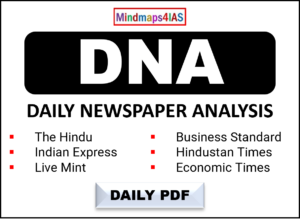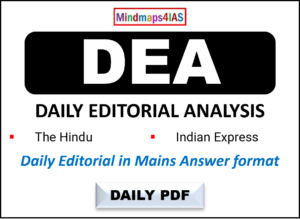- Source – The Hindu
- Link – https://www.thehindu.com/sci-tech/health/will-understanding-cancer-become-a-data-problem/article68258017.ece
- Syllabus – GS Paper 02
- Topic – healthcare related
What is the issue?
Cancer is a complex and multifaceted disease that poses a formidable challenge for medical researchers and clinicians.
Despite significant advances in cancer biology, it remains a major public health burden, causing millions of deaths worldwide annually. Recently, there has been a growing recognition that understanding cancer is increasingly becoming a data problem.
Key Points
- Understanding cancer is becoming a data problem.
- The rapid advancement of technologies has led to an explosion of cancer data.
- Analysing cancer data requires advanced computational tools and expertise.
- AI and ML are being used to analyse cancer data.
- Data sharing and collaboration are essential for progress in cancer research.
- Establishing standards for data sharing and interpretation is critical.
The Data Explosion
- The rapid advancement of technologies such as genomics, transcriptomics, proteomics, and imaging has led to an explosion of data related to cancer, including genetic sequences, gene expression profiles, protein abundance measurements, and medical images.
- The sheer volume and complexity of this data create both opportunities and challenges for researchers and clinicians.
What are the concerns?
- Challenges in data analysis include the need for advanced computational tools, the noisy, incomplete, and heterogeneous nature of the data, and the requirement for a deep understanding of cancer biology and clinical practice.
- Artificial intelligence (AI) and machine learning (ML) are increasingly used to analyze cancer data, identifying patterns and correlations, and developing predictive models.
- Data sharing and collaboration are essential for progress, but raise concerns about data privacy and security. Researchers and clinicians must work together to establish standards for data sharing and interpretation.
Understanding cancer as a data problem means leveraging technological advances and collaborative efforts to develop new tools and techniques for data analysis and integration, making significant progress in the fight against cancer.
















